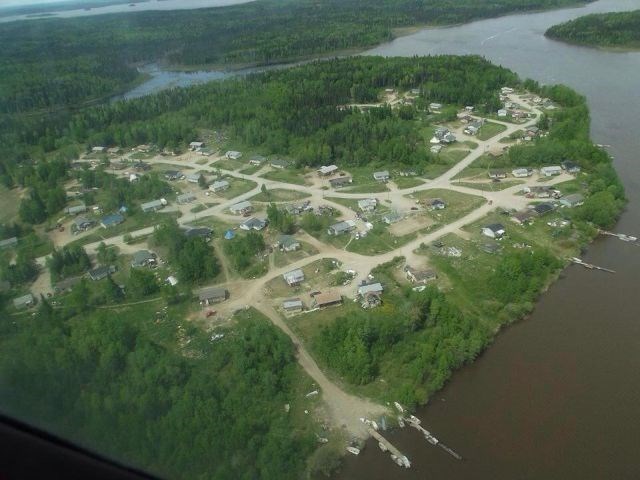THUNDER BAY - Minister of Health Patty Hajdu and Nishnawbe Aski Nation Grand Chief Alvin Fiddler say new cases of COVID-19 confirmed in several First Nation communities across the Northwest is a growing concern and steps need to be taken to reduce the spread.
Over the weekend, positive COVID-19 cases were discovered in Sandy Lake, Pikangikum, and Kasabonika Lake First Nations, which reported five new cases last week.
“It’s very concerning. For two of the first nations, including Pikangikum, the public health agency of Canada is working with those communities so we can send additional supports so we can quickly contain the virus,” Hajdu said.
“We know and we’ve said all along that Indigenous communities are particularly vulnerable due to all kinds of social determinants of health that include underlying health conditions, insufficient housing, not having the ability to self-isolate. We are working with affected communities right now.”
Fiddler added First Nation leaders are very concerned about the rise in cases and he has been speaking with community leadership and health officials to determine what resources are needed to contain any further spread of the virus.
“In many of our communities, we have a hard time meeting the basic health needs of our communities, never mind a public health crisis,” he said. “That’s what makes it even more concerning in hearing about these increased number of cases is that there is a lack of a public health system in our NAN territories, which we need to build.”
In the early stages of the pandemic, many First Nation communities went into lockdown and restricted travel to and from the community.
“A lot of communities eased restrictions in July and August,” Fiddler said. “With the growing number of cases we are seeing now, many of our communities will move toward that direction.”
Fiddler added that for some communities, such as Sandy Lake First Nation, which is under a boil water advisory, it can be difficult to continually practice all public health guidelines like regular hand washing.
Many First Nation Communities also face a housing shortage, which makes it more difficult to practice physical distancing or self-isolation.
“You can’t afford to take shortcuts or risk and it needs to be all hands on deck to make sure there is no further spread in these communities,” Fiddler said.
The rise in cases in First Nation communities comes as the province continues to see a surge. On Monday, Ontario reported 425 new cases with the majority in the Toronto, Peel, and Ottawa regions.
Hajdu commended First Nation leaders who handled the COVID-19 pandemic in its early stages, but she recognizes that these communities need the proper resources to deal with new cases and stop the spread.
“Community leaders themselves have done a phenomenal job with the monies provided to them to set up systems to protect their communities,” she said.
“We are going to continue that work with Indigenous communities across the country to make sure we know what they need and have sufficient resources to continue that work because this is going to be a long haul.”
